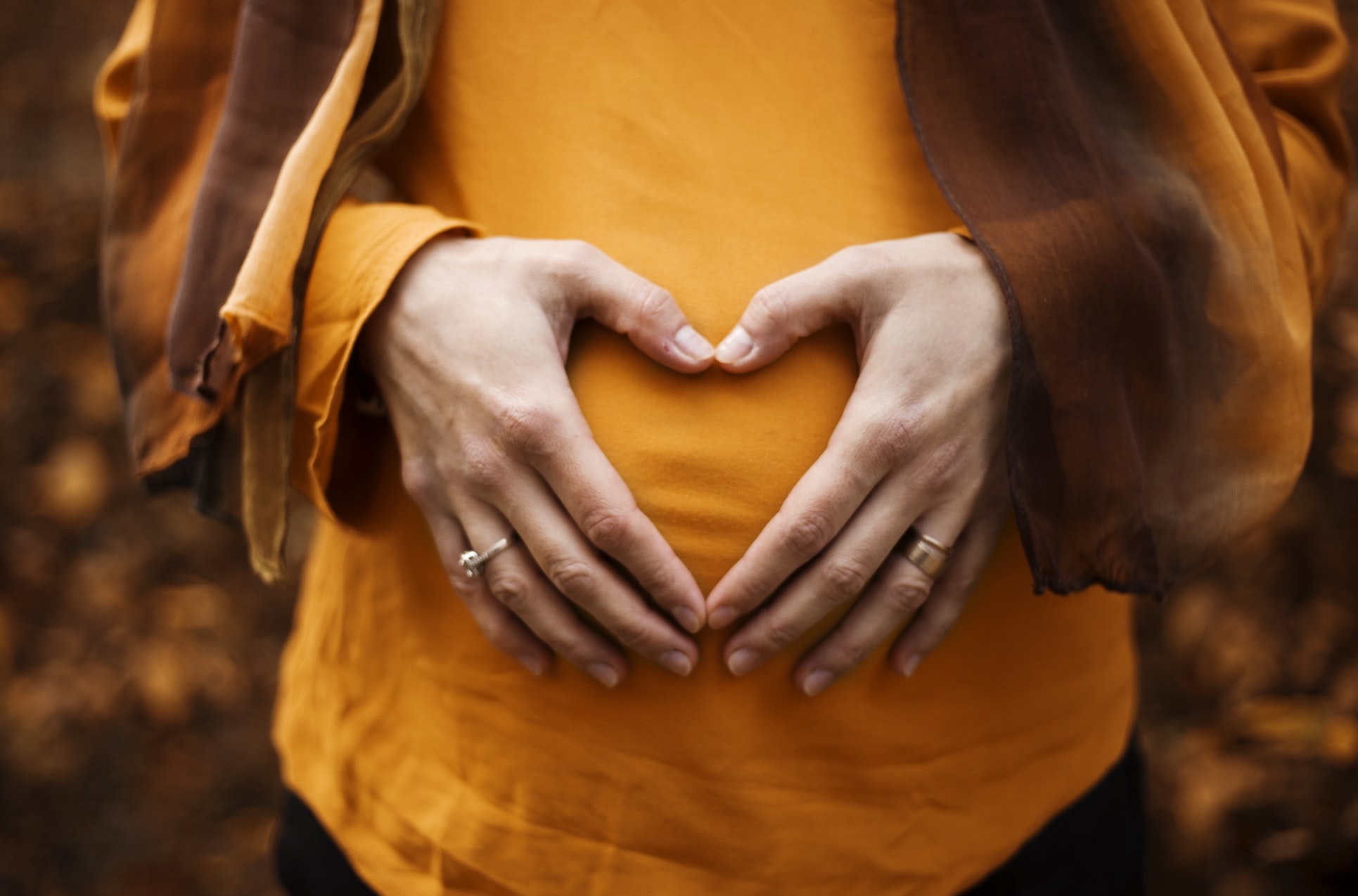Did you know that around 1 in 20 pregnancies are affected by preeclampsia?
Preeclampsia is a multisystem disorder that involves a sudden increase in hypertension (rise in blood pressure), leading to swelling of the body and an increased output of proteins from the placenta that is released into the mother’s circulation.
Preeclampsia can be fatal to mother and unborn baby if not treated and monitored, it usually presents after 22 weeks of pregnancy. Preeclampsia causes stillborn, intrauterine growth retardation and abortion.
Nutritional needs for you as a pregnant mother
By identifying the role and nutritional needs during a pregnancy this can help reduce the chances of preeclampsia.
- A study by Bej, P et al, 2014 they found that women with a higher calorie intake and lower protein intake during their pregnancy were associated with the development of preeclampsia.
- Bej, P et al, 2014 found that women eating fruit, iron and calcium had no increase of preeclampsia during their pregnancy.
- Nej, P et al, 2014 found that women with a calorie intake greater than 2,175kcal per day were at a risk of developing preeclampsia.
What should I eat to help avoid preeclampsia?
- Increase proteins and good fats in your diet by reducing starchy foods and increasing your diet with eggs, meat, poultry, fish and dairy.
- Bej, P et al, 2018 found that a low intake of linoleic acid and calcium during the third trimester reduced the incidence of preeclampsia.
- Increase your dietary iron intake by including into your diet chicken liver, oysters, beef, sardines, clams, wild salmon, and silver beet
- If your diet is low in calcium or you suffer renal disease, an autoimmune disease or diabetes it is recommended that you take calcium supplements during your pregnancy.
- Make sure you are getting enough calcium in your diet during pregnancy by consuming foods rich in calcium such as collard spinach, turnip greens, bok choy, fermented Soy (tempeh, miso), sesame seeds, yogurt, cheese, milk, sardines
- Make sure that you are getting adequate magnesium intake in your diet; such foods can be: pumpkin seeds, sesame seeds, sunflower seeds, cashews, almonds, flaxseeds, lima beans, spinach, raspberries, barley, rye, oats, brown rice, tuna, and scallops
If you feel you need more guidance on diet or supplementation during your pregnancy please book a consultation with one of our friendly nutritionists today.
References:
Bej, Punyatoya, et al. “Role of nutrition in pre-eclampsia and eclampsia cases, a case control study.” Indian Journal of Community Health 26.6 (2014): 233-236.
Schoenaker, Danielle AJM, Sabita S. Soedamah-Muthu, and Gita D. Mishra. “The association between dietary factors and gestational hypertension and pre-eclampsia: a systematic review and meta-analysis of observational studies.” BMC medicine 12.1 (2014): 157.


Leave A Comment